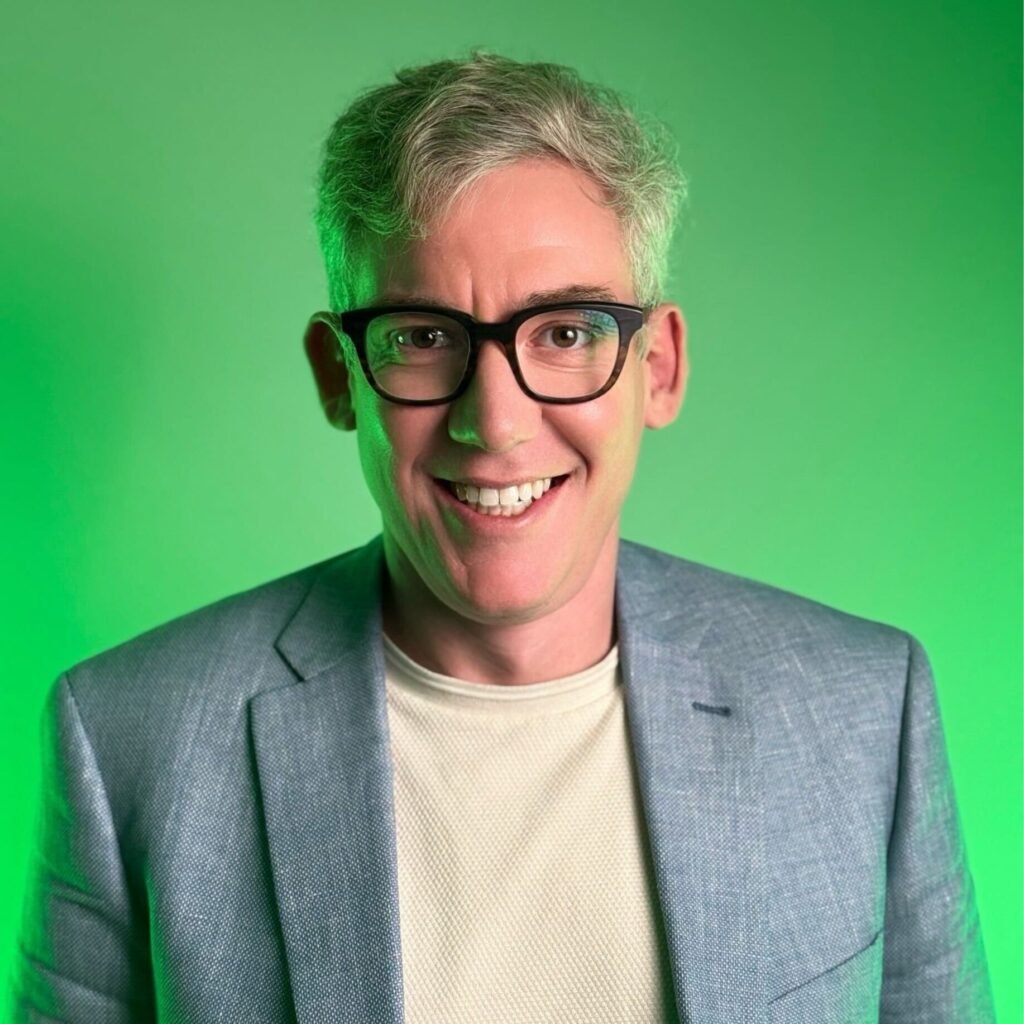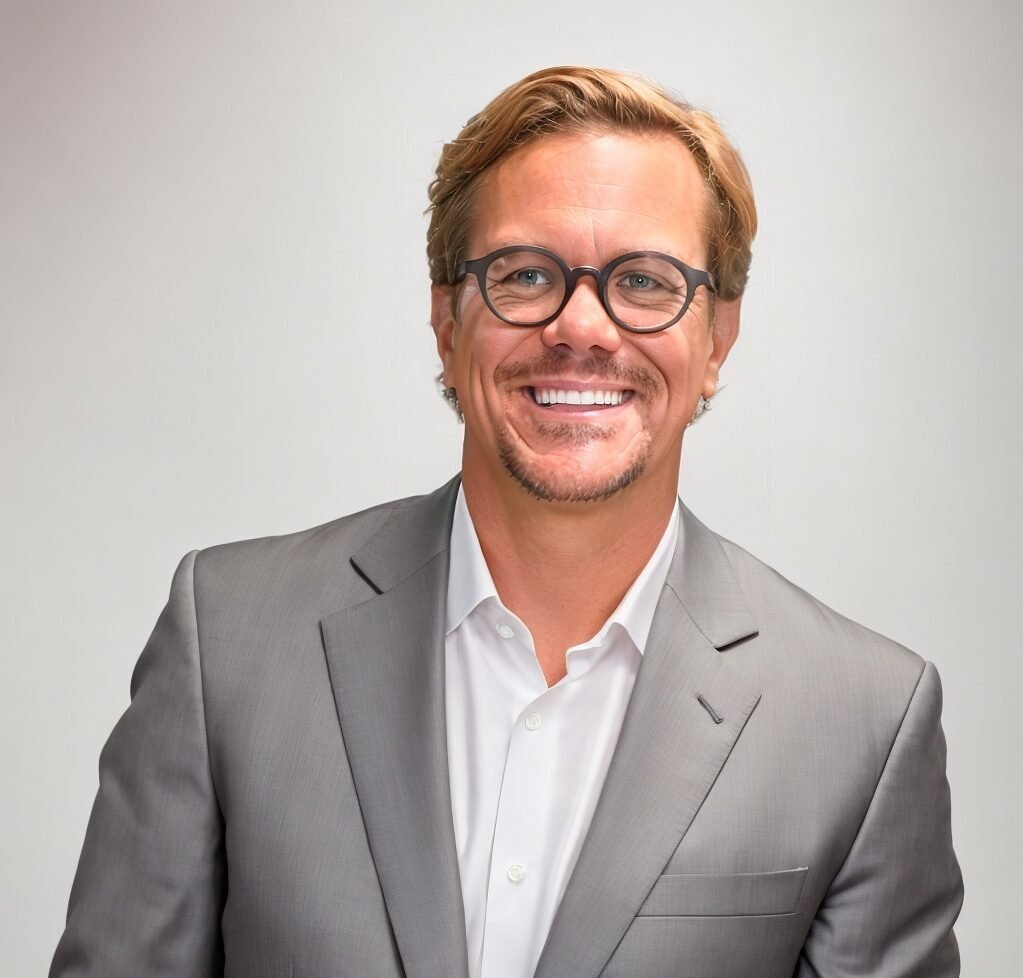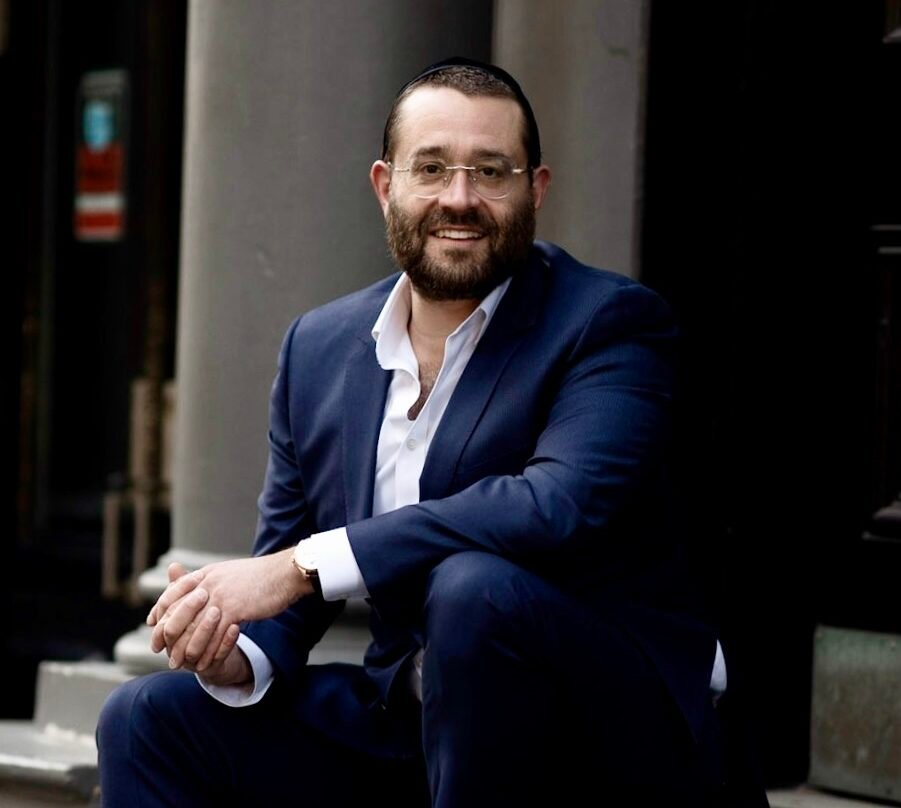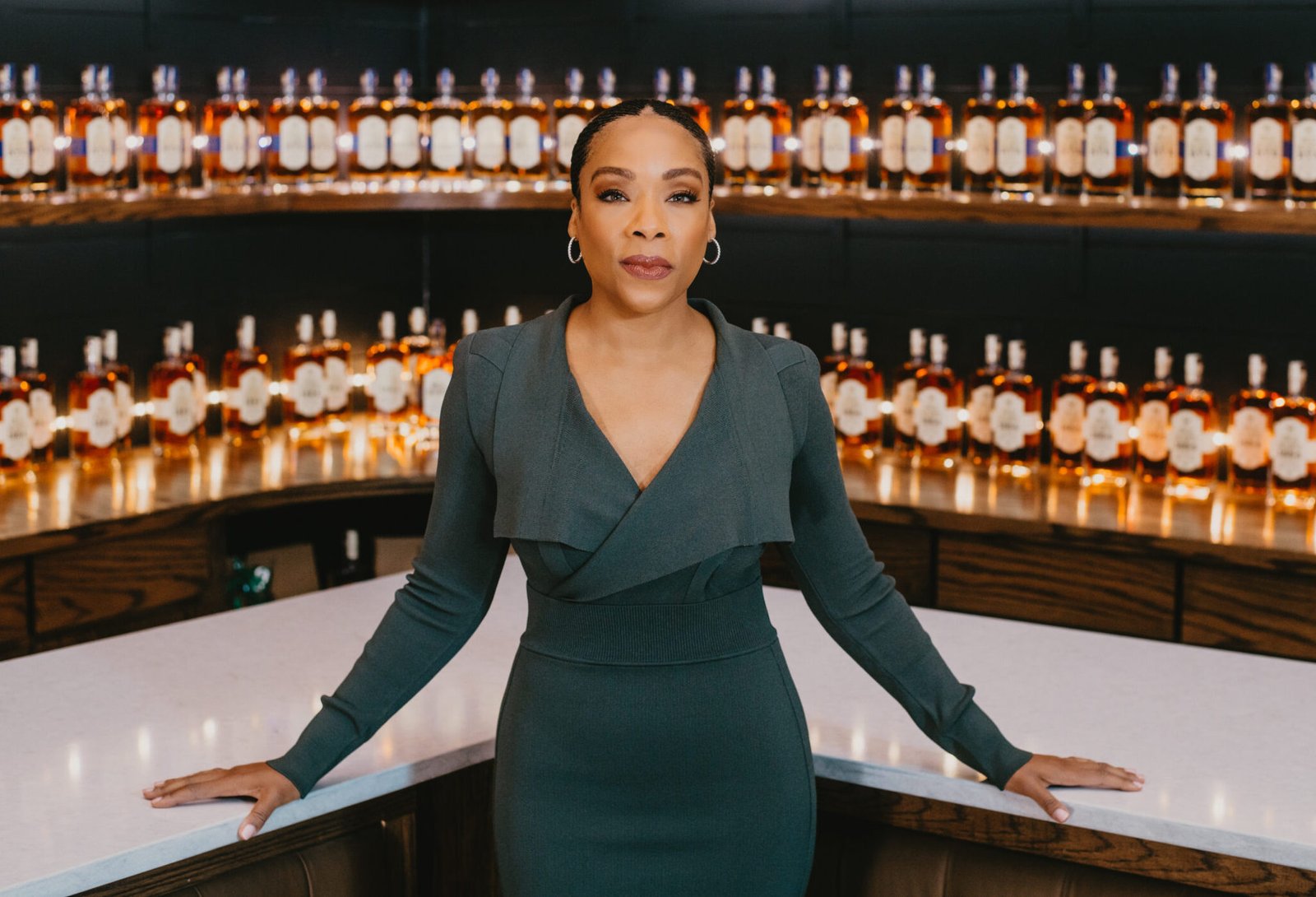I recently went one-on-one with David Heacock, founder and CEO of Filterbuy.
Adam: Thanks again for taking the time to share your advice. First things first, though, I am sure readers would love to learn more about you. How did you get here? What experiences, failures, setbacks, or challenges have been most instrumental to your growth?
David: I grew up in Talladega, Alabama, where I spent my early years observing my family’s business. I knew from a young age that it wasn’t the path I wanted to follow, so I went in a completely different direction. I moved to New York and became an options trader at Goldman Sachs. On paper, it seemed like the dream—living in the city, working in finance—but by my late 20s, I realized I wasn’t finding fulfillment in that life. I wanted to do something more tangible, something I could build and be proud of.
That’s when I made the decision to leave Goldman and return to the family business. The company was struggling, essentially an old-school distributor for the wood products industry with a sales force where the average age was in the 60s. It wasn’t set up for long-term growth, and I knew it needed a new direction.
I started manufacturing air filters, but I had no prior experience in manufacturing or the air filter industry. In retrospect, it was incredibly naive. Starting a manufacturing company from scratch without institutional knowledge or experience is a lot more challenging than I realized going in. It took me at least five years to find my footing, and there were countless setbacks along the way. But over time, that persistence compounded into the business you see today.
Adam: How did you come up with your business idea? What advice do you have for others on how to come up with great ideas?
David: The idea for my business was more of an evolution than a single moment of inspiration. I’ve always had an entrepreneurial spirit—I started my first business when I was about 10, designing websites for people on AOL. I’ve always had some kind of hustle going on. Fast forward to 2008, during the financial crisis, and I was convinced I was going to lose my job. I really leaned into a side hustle doing affiliate marketing, which ended up making me more money than my day job at Goldman Sachs. That experience got me thinking about how much better it would be if I owned the entire offer.
That led me to start a business called My Office Delivered, which I scaled to about $6 million in revenue in 2009. A quarter of that revenue came from selling air filters, and that’s when I first realized how big of a market it must be. I eventually shut down that business when my day job at Goldman got more intense and I was promoted, but the seed was planted.
When I bought the family business, I knew I had to pivot it, and I considered either going into air filters or remanufactured ink cartridges based on that previous experience. Ultimately, I chose air filters because they’re logistically complex, which gave me an advantage. It’s a big market, but it’s not easy to execute, which made it ripe for vertical integration here in the U.S.
My advice for others would be to find an idea at the intersection of your unique skill or superpower and an existing market opportunity. For me, it was internet marketing combined with the logistical complexity of air filters, which created a strong business opportunity.
Adam: How did you know your business idea was worth pursuing? What advice do you have on how to best test a business idea?
David: I’ve found that the best business ideas come from the evolution of skill and understanding rather than a big “aha” moment. For me, it wasn’t about one sudden realization—it was the accumulation of experience from experimenting with affiliate marketing, dropshipping, and tinkering with different ideas. That experience eventually led me to unique insights about the air filter market. I could see the success of other direct-to-consumer brands at the time, like Dollar Shave Club, and I recognized that air filters, given my previous experience, presented a similar opportunity.
When testing a business idea, my advice is simple: just get started. Start small, be willing to experiment and fail, and lean into what works. It doesn’t have to be perfect right away. What’s important is that you’re constantly learning and iterating. Building a specific skill or muscle—whether it’s marketing, product development, or something else—gives you the foundation to experiment with ideas and refine them over time. Testing is an ongoing process of discovery, not a one-time event.
Adam: What are the key steps you have taken to grow your business? What advice do you have for others on how to take their businesses to the next level?
David: For me, everything starts with having a larger vision and maintaining a relentless focus on that vision. In the first decade of this business, my goal was clear: to build the leading direct-to-consumer air filter company. I stayed focused on that, compounding small wins over time, and those efforts resulted in the $250 million a year business we have today.
Looking ahead, my focus has shifted to an even larger vision—building the world’s leading indoor air quality company. Every day, I wake up with that in mind, working step by step towards making it a reality.
For anyone looking to take their business to the next level, I believe the key is to first know where you’re going. Build a vision that is unique to you and that you can dedicate yourself to over the long term. Once you have that vision, wake up every day and take small, consistent steps toward it. It’s not about instant success, but about making steady progress over time. In the end, those small, daily actions add up to something meaningful.
Adam: What are your best sales and marketing tips?
David: First, you have to know who your target customer is and define that as narrowly as possible. The more specific you can be, the better your marketing efforts will resonate. Once you’ve done that, focus on one customer acquisition strategy and work to become the best at it. Before you’re doing $1 million or more in a channel, you have no business diversifying. You need to go all in on that channel and master it.
Depending on your market and channel, it might even be $5 million or more before you earn the right to diversify. A lot of businesses spread themselves too thin too early, and that dilutes their efforts. Remember, focus is key—become great at one thing before you try to do everything.
Another important tip is to test and measure everything. Your decisions should be data-driven, so you’re not just guessing what works. Understand your numbers—your cost per acquisition, lifetime value of a customer, and return on investment—so you can optimize your strategies and scale effectively.
Adam: In your experience, what are the defining qualities of an effective leader? How can leaders and aspiring leaders take their leadership skills to the next level?
David: The key job of a business leader is to build an ecosystem and a repeatable process to get a desired result. As a leader, you set the vision, hold people accountable to that vision, and you have to be willing to get your hands dirty when necessary to make adjustments. Leadership isn’t about stepping back and delegating everything—it’s about staying involved and ensuring that the systems you’ve put in place are working effectively.
One thing I firmly believe is that you can’t ask someone to do something you aren’t willing to do yourself. As a leader, you have to model the behavior you expect from your employees. Whether it’s the work ethic, the attention to detail, or the values you want to see in the company, you have to lead by example.
Another essential quality in leadership is self-awareness. You need to understand your blind spots and weaknesses and then hire and empower people who are strong in those areas. It’s not about trying to do everything yourself—it’s about recognizing where you need support and building a team that complements your strengths.
For leaders and aspiring leaders, the focus should be on building systems that drive sustainable success, modeling the behavior you expect, and always being self-aware enough to know when and where you need help.
Adam: What is your best advice on building, leading, and managing teams?
David: One of the most important lessons I’ve learned is to hire people who already have the experience doing exactly what you’re asking them to do. I’ve made the mistake many times of hiring aspirationally, thinking someone was bright and had potential. While potential is important, when it comes to critical roles, you need someone who can hit the ground running. Hire for the job you need now, not for what you think someone might grow into.
Another key aspect of leading and managing teams is incentives. The way you reward people sends a powerful message about what behaviors and outcomes you value. You have to make sure you’re incentivizing the right behaviors, whether it’s teamwork, innovation, or meeting specific goals. If the incentives aren’t aligned with the outcomes you want, you can end up with unintended consequences.
Adam: What are your three best tips applicable to entrepreneurs, executives, and civic leaders?
David:
-
Start with your “why.” Having a clear focus and objective is key to long-term success. If you don’t know your deeper purpose, it’s hard to stay on course when things get tough. A strong “why” keeps you grounded and gives you the resilience to push through challenges.
-
Set the right culture. Culture is critical to attracting like-minded people who believe in your mission. At the same time, it will naturally push away those who aren’t aligned with your values or vision. Getting the right people on board and creating a culture that supports your goals is essential for growth.
-
Be patient. Big things take time. It’s easy to get caught up in wanting immediate results, but true success compounds over time. If you stay focused on your direction, with the right team around you, the results will follow—just be patient and let it build.
Adam: What is the single best piece of advice you have ever received?
David: The best advice I’ve ever received is to look at your life in reverse. At the end of your life, what will you regret? People tend to regret the things they didn’t try—the sins of omission—rather than the things they tried and failed at. It’s not the failures that haunt us, it’s the opportunities we didn’t take. That mindset has shaped how I approach life. I aim to live life to its fullest, taking risks and embracing new opportunities, because I know that not trying is the only real failure.
Adam: Is there anything else you would like to share?
David: If I had to add one more thought, it would be about the importance of persistence. In my experience, building something meaningful takes time, and there will always be setbacks and challenges along the way. The key is to keep moving forward, step by step. Stay focused on your vision, surround yourself with the right people, and be willing to put in the hard work day after day. Over time, those efforts will compound.









